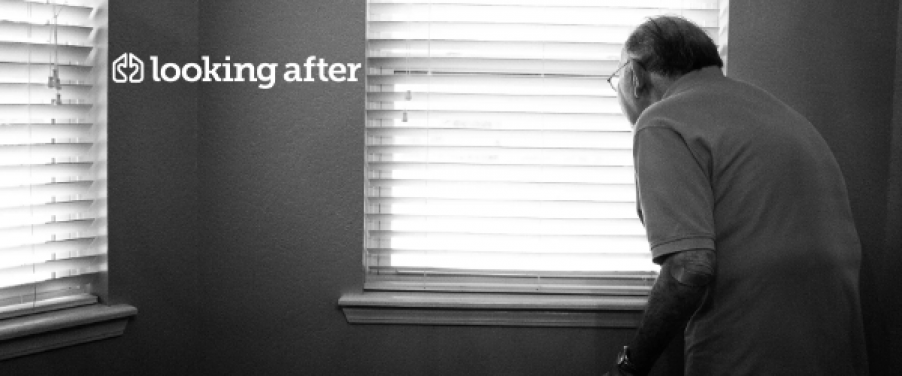When a care home is the right option
When is it the right time to move a dementia patient to a care home? Depending on the disease progression and the patient’s individual needs, there may come a time when they need to receive more around the clock care, especially if they are displaying behaviours which may be dangerous for them, this can include things such as night time waking and wandering, as well as leaving the house during this time and going for walks. In addition to this dementia patients may display symptoms of hallucinations or delusions as associated with Lewy Body dementia, which is one of the faster progressing and brain degenerative dementia diseases.
What do I need to consider?
It is such a tricky decision to move someone out of their home and it can be a very difficult conversation to have, however you need to objectively assess their needs now, in the short to medium term. You’ll want to be honest with yourself and ask if you can provide all of the care needs that they require now and in the future. Plus you need to consider that if their behaviour is becoming more erratic and harmful to themselves, can you support this with live in care, or do they have more specialist medical needs?
Can I continue to care for them, or am I finding it too difficult?
Is my health going to impact the care or support that they require
Are they getting the specialist care that they need
Can I cope with their continuing needs
Can I support their care with a live in caregiver?
Can I support their care needs with a specialist care giver?
Am I neglecting my own care, or my family’s needs?
Do I find myself getting angry regularly at the dementia patient?
You should also consider whether the dementia patient may be better off in a cared for, care home environment. There are specialist care homes which are capable of supporting a dementia patient’s care needs. Plus they are able to provide 24 hour care support. The fact that the care home will have dedicated care facilities plus all of the medical support it needed, which is often required for patients with alzheimers or more progressed cases of dementia. Care home providers can often provide group therapy treatments, which are delivered on site and the dementia patient’s access to alternative therapies such as music therapy, sensory activities. The social interaction may well support the dementia patient to remain socially engaged and join in the conversation and continue to communicate as they can.
Making the decision
The best way to approach this situation is to gain as much information as you can about the care home options in your local area. Remember to think about whether they have specialist dementia carers and how many dementia care patients they have within the home. You should also consider what their Care Quality Commission rating (England) CQC or Care Inspectorate has to say about the services and the care provision. We cover details in full about how to choose a care home and what to look for here. It is also worth considering what type of dementia they have experience with, as all diseases progress differently. Being informed about this decision will make the process easier.
Talk about it
Don’t bottle up how you are feeling, it is natural to feel guilty about such a difficult choice, but the cruel nature of the disease can mean that care at home becomes impractical at some stage of the disease due to the eventual brain degeneration. This is not something that many people are able to support, particularly during stages of the disease when the patient is at a risk to themselves and prone to wandering or aggressive outbursts. Share how you are feeling with family or friends. If you want another opinion, take a friend or family member along to view the care home together and ask their opinion.







